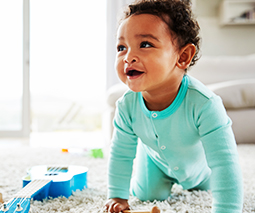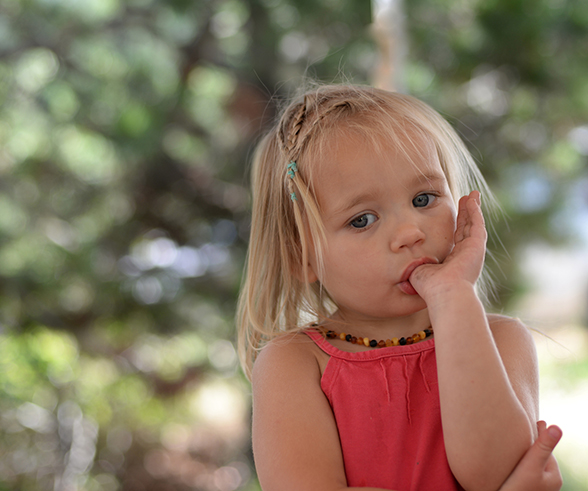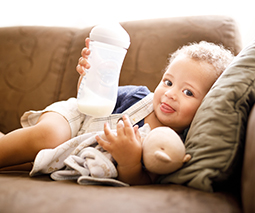The big problem with sending boys to childcare when they are too young

Speaking to Feed Play Love’s Shevonne Hunt, Steve Biddulph, author of Raising Boys, explains what we now know about the male mind, including the best time to send them to child care and school.
Twenty years after his seminal book Raising Boys, Steve Biddulph’s written a revised edition to reflect everything we now know about the male mind.
“We know five times as much about the brains of boys than we did 20 years ago,” Steve says. “We are really starting to understand why males are the more vulnerable gender.”
“Testosterone slows down brain development, so boys’ brains grow more slowly than girls, and can stay slower as they grow up. This means things like stress and anxiety and environmental factors mean boys can be more damaged by those things. And can also explain why we have persistent problems with violence and emotional problems in men throughout their lives.”
How has parenting changed in 20 years?
According to Steve, in the 20 years since writing his first book, the amount of time men spend with their children has trebled.
“On average men are spending around 40 minutes a day interacting with their kids and that’s fantastic. One of my biggest goals of writing the first books was to let dads know they have a distinctive and important (parenting) role, they’re not just the walking wallet,” says Steve.
“This change has also shown us that parenting can be an equal role, sharing between men and women.”
Age one is most important for a boy’s development
According to Steve, boys under one year of age have a unique vulnerability that requires a particular parenting approach.
“Boys under the age of one, need a calm environment. So, we really need to support new parents so they can feel they can chill out in their [baby’s] early months and years and not feel pressured and hassled,” says Steve.
Four-year-old boys need a special approach
“At the ‘full-on fours’ hormonal changes take place that make them a lot more physical. It’s important to know that boys at this age are not bad because they are very, very active,” says Steve.
“It’s a bit like having a big dog in the house. And our modern lives are too cramped for this kind of energy. We need to find ways for them to use their body because this stimulates brain development in many ways. And that’s good for all of us to find ways to be more outdoors, more relaxed and less stressed.”
The problem with childcare for boys under one
One of the most controversial of Steve’s opinions in his original book was the idea that boys under one shouldn’t be in daycare; a position he still stands behind.
“The research been added in the last 12 months from brain studies in boys under one reveals the vulnerability of this age group.
“It’s a bad idea to have the little boy away from their primary carer. Attachment really matters, after one a little bit of daycare is alright. But it’s always second rate to having one person who is looking after that child.”
Is there an ideal age for boys to start school?
Around the age of four and five, boys need to use their bodies as they need a lot of physical activity. Kids should be playing all day under the age of six. Don’t coop them up. It’s an individual thing. Does your little boy look like he’s ready to sit still, or ready to talk?
Things really are on “the up” for boys
“Rarely has there been a better time to be a boy,” says Steve. “Now we embrace gender fluidity, just knowing a child is a boy doesn’t tell you anything about their nature.”
“Boys with a high level of testosterone often have problems with reading or language, so make sure you tell him a lot of stories and talk with him. Don’t just put him on a screen and leave him there. We want men who are good communicators. Make sure he feels OK about crying. And if you have a more sensitive boy, do a little bit more to teach him to stick up for himself. Thanks to transgender and gay rights we don’t worry so much about putting boys in moulds.”
This post was originally published on Kinderling Kids Radio. Download the Kinderling app for more great stories.









